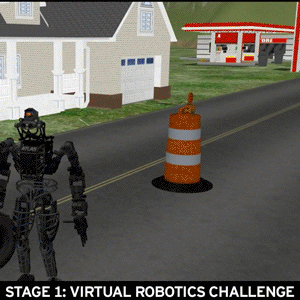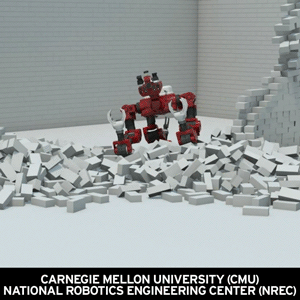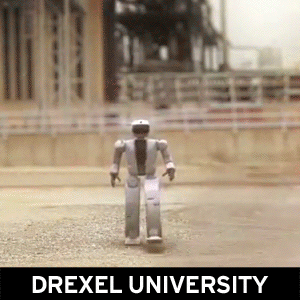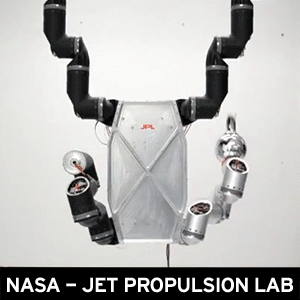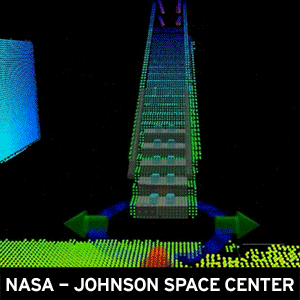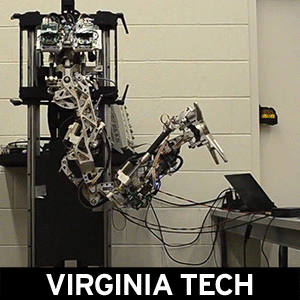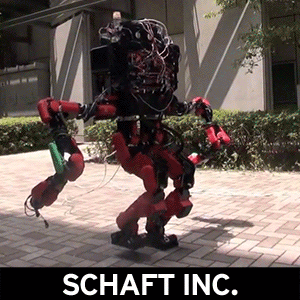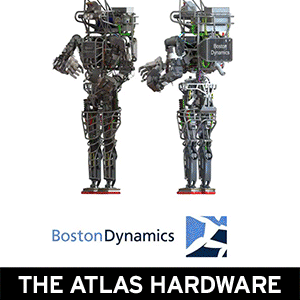Teams are competing to develop and put to the test hardware and software designed to enable robots to assist humans in emergency response when a disaster strikes.
The Original Announcement:
"Over the next two years, teams will compete to develop and put to the test hardware and software designed to enable robots to assist humans in emergency response when a disaster strikes. Based on proposals submitted in response to a Broad Agency Announcement, DARPA has selected and will provide funding for seven teams in Track A of the DRC to develop new robotic systems containing both hardware and software and 11 teams in Track B to develop software only.
Track C of the Challenge provides an opportunity for individuals and teams from around the world to compete without the need for hardware. Anyone with the skills to develop the software needed to advance core robotic software capabilities can register and participate using the open-source DRC Simulator..."
From original DARPA press release.
The Three Stages:
- Drive a utility vehicle at the site
- Travel dismounted across rubble
- Remove debris blocking an entryway
- Open a door and enter a building
- Climb an industrial ladder and traverse an industrial catwalk
- Use a power tool to break through a barrier
- Locate and close a valve near a leaking pipe
- Attach a connector such as a wire harness or fire hose
Track A Teams (Individual Hardware And Software)
Track B/C (Using Atlas Hardware)
- Team IHMC, Institute for Human and Machine Cognition, Pensacola, Fla.
- WPI Robotics Engineering C Squad (WRECS), Worcester Polytechnic Institute, Worcester, Mass.
- MIT, Massachusetts Institute of Technology, Cambridge, Mass.
- Team TRACLabs, TRACLabs, Inc., Webster, Texas
- JPL / UCSB / Caltech, Jet Propulsion Laboratory, Pasadena, Calif.
- TORC, TORC / TU Darmstadt / Virginia Tech, Blacksburg, Va.
- Team K, Japan
- TROOPER, Lockheed Martin / University of Pennsylvania / Rensselaer Polytechnic Institute, Cherry Hill, N.J.
- Case Western University, Cleveland, Ohio
Darpa Robotics Challenge Finals, December 2014:
The content & opinions in this article are the author’s and do not necessarily represent the views of RoboticsTomorrow
Featured Product



